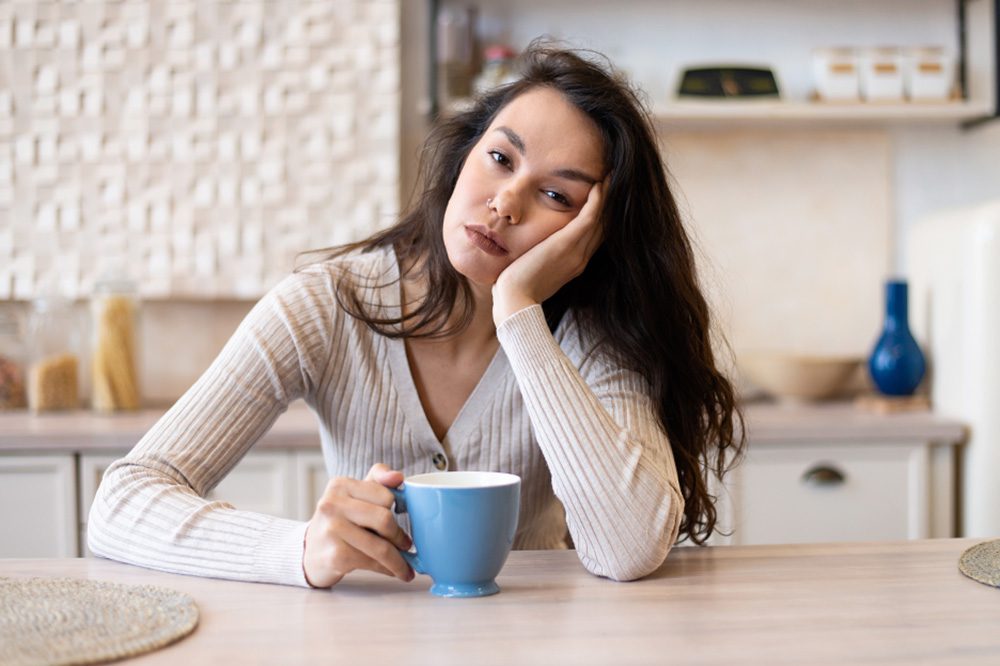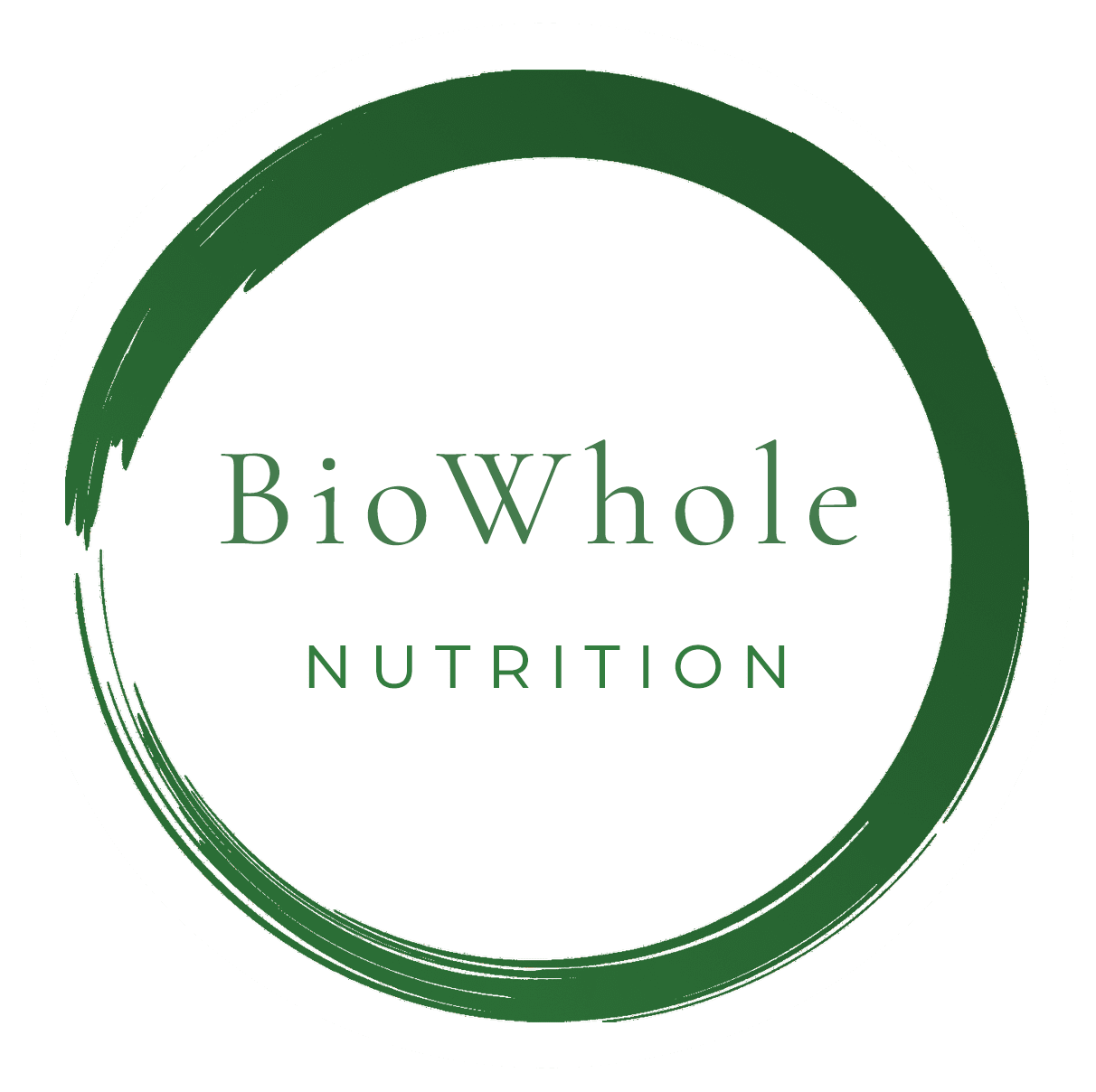
Coffee, ahh that wonderful cup of Joy. It’s no mistake that it’s the most widely consumed beverage in the world. Touted for its health benefits on the heart, brain, glucose utilization, and fat loss etc, coffee has re-gained a lot of its popularity in the last two decades. With the popularization of intermittent fasting, it’s become quite the fashion to have a cup of joe in your hands except for when you are experiencing adrenal fatigue. Let’s get down to the basics of what adrenal fatigue is and is it necessary to eliminate coffee during this time.
But first, to be exact the term Adrenal Fatigue is an outdated term. The new terms for an insufficient amount of cortisol output from the Hypothalamic Pituitary Gland is known as Adrenal Insufficiency and as horrible as it sounds, it’s not a death sentence. This term has scared most of the patient population out there and has made them feel less adequate. Adrenal insufficiency basically means that your pituitary gland is producing a lower than adequate amount of cortisol throughout the day. So, what does this have to do with caffeine and how do I fix this? Clients experiencing adrenal insufficiency are often desperate to feel better and often need that cup of coffee in the mornings to get out of bed as they are so exhausted.
Well, the answers to this, as with everything in Nutrition isn’t that easy. Caffeine is a stimulant and acts on our bodies stress systems also known as the flight or fight systems. Caffeine’s effect is mainly because it acts on our bodies noradrenergic systems which is the activation of epinephrine and norepinephrine. The general function of these two hormones is to mobilize the brain and body for action. It is stimulated in times of stress and in the brain, it increases arousal and alertness, promotes vigilance, enhances the formation of memories, increases heart rate, and blood pressure amongst many other functions.
So, when it comes to coffee, is it necessary to give it up during adrenal insufficiency? Yes and No. The truth is that first and foremost, get to the root cause of why there is an insufficient amount of cortisol output. Have you been sick recently, have you been through an intense amount of stress lately? Are you over exercising? Are you feeling anxious all the time? If you can figure out the true reasons for your cortisol issues, then address the caffeine by switching to decaf for a few days and see if that makes you feel better. If you are sensitive to coffee, switch to tea. Whatever the case may be, see if changing the time, you consume the caffeine helps. Does my body feel better if I have my cup of coffee an hour after my waking or after my exercise? Can I reduce it to half a cup versus one cup?
A 2022 study showed that there are sex differences in the way cortisol rises following a stressful event. Men have more of a robust rise in cortisol after a stressful event versus women. This can be enhanced even further is the man is consuming a lot of caffeine. Women, however, do not have a robust rise in cortisol following a stressful event but have a more robust rise in cortisol following a meal. Please remember that everyone is different and thus sometimes studies cannot correlate to evidence. This also shows that women are more sensitive to energy demands on the body so improving diet quality will definitely help.
In conclusion, the answer to this will depend on how much stress you are experiencing. If you are stressed emotionally or physically and find that coffee is giving you negative side effects, holding back for a few weeks is the right way to go. You can and will be able to come back to it.
If you need more help with adrenal dysfunction, get in touch with me. I often talk my clients through stress management protocols which can often include getting your blood sugar balanced first by improving diet and then tailoring your exercise and sleep to where your body can re-balance and reach homeostasis.
